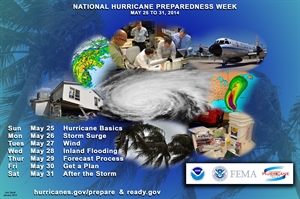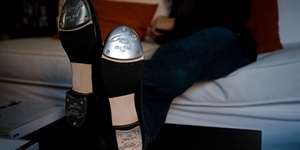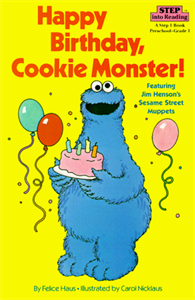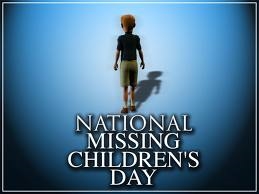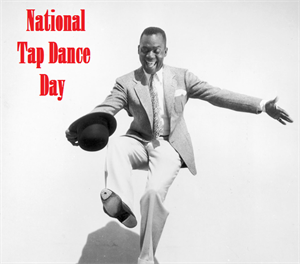Nerd Pride Day or Geek Pride Day 2025 is on Sunday, May 25, 2025: POLL: Did you know its Nerd Pride Day?
Sunday, May 25, 2025 is Nerd Pride Day or Geek Pride Day 2025. Ways to Celebrate Geek Pride Day Happy Geek Pride Day!

Yea, I actually celebrated it today by marching down the road with my fellow band geeks.... :) You know what's funny about this? -it's true.
- Happy Nerd Pride Day! -Maddy

wats the difference between a 'nerd' and a 'geek'?
Official definitions for nerd, geek, and dork each use the words "inept" and "foolish." Nerds have the added distinction of being "unattractive." Ouch. While it's hard to argue with the dictionary, we sought out definitions from the Internet at large.
According to Whatis.com, nerds are people of above-average intelligence who place little importance on their appearance. Nerds are often aware of their status, but they don't mind. In fact, many take pride in the put down, as it means they're smart and not wrapped up in superficial worries.
Geek is a more specific term. Back in the day, geeks worked at carnivals, and (according to the dictionary) "bit the heads off live chickens." Thankfully, the term now has a different connotation. Like nerds, geeks are smart, but they tend to focus more on technology. As Urban Dictionary explains, these are the people you make fun of in high school and later work for as an adult.
Being called a "dork" is the biggest insult of the three. There's no way you can spin it into something positive. After all, even the dictionary writes that dorks are "stupid" people. And to make matters worse, dorks assume they're cool. Oh, and they smell, too.
So, to sum things up, if someone calls you a geek or a nerd, thank them. If someone calls you a dork, consider going back to school and investing in some new deodorant.
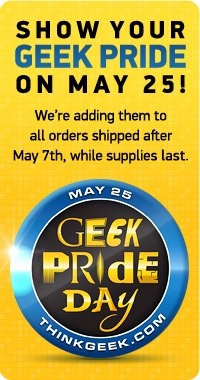
whats the difference between a dork, nerd, geek, dweeb, and wimp?
For quite some time in the later 20th Century, the term "nerd" was generally considered derogatory, and was a common insult, especially among school-age boys. However, beginning in the late 1990s, many nerds on the Internet reclaimed the word nerd as a badge of pride and began using it as a positive description of a technically-competent person. Although traditionally used to describe men and boys, the terms "nerd" and "geek" have been adopted by many women interested in technology, science, mathematics and other typically male-dominated intellectual fields as badges of their accomplishments in these areas. However, many, if not all, self-styled nerds, even if they possess some of the above prerequisites, do not fit the traditional definition of nerd which also heavily emphasizes social alienation and awkwardness. Dictionaries define the word as one who is 'socially inept'.*
The term "nerd", meaning "square", goes back at least to 1951, when Newsweek reported the usage as relatively new in Detroit, Michigan. By the 1960s, it took on connotations of bookishness as well as social ineptitude. The word itself first appeared in Dr. Seuss's book If I Ran the Zoo, published in 1950, where it simply names one of Seuss's many comical imaginary animals. (The narrator Gerald McGrew claims that he would collect "a Nerkle, a Nerd, and a Seersucker too" for his imaginary zoo.) Another theory of the word's origin sees it as a variation on Mortimer Snerd, the name of Edgar Bergen's ventriloquist dummy. Yet another theory traces the term to Northern Electric Research and Development, suggesting images of employees wearing pocket protectors with the acronym N.E.R.D. printed on them. In the 1933 film, Dinner at Eight, Jean Harlow's character replies to her husband's suggestion that she might enjoy mingling with Washington "cabinet members' wives" by saying, "Nerds!... A lot of sour-faced frumps with last year's clothes on, pinning medals on Girl Scouts and pouring tea for the DARs..." is from Turner DVD subtitles and not verified by the original script. Finally, oral history at Rensselaer Polytechnic Institute holds that the word was coined there, spelled as "knurd" ("drunk" spelled backwards), to describe those who studied rather than partied. (This usage predates a similar coinage of "knurd" by author Terry Pratchett.) The term itself was used heavily in the American 1974-84 television comedy Happy Days which took place in Milwaukee, Wisconsin in the mid-1950s.
In the 1940s, the word 'weakling' or 'wimp' was used before the word 'nerd' was used widely. Comic book ads for Charles Atlas weights and workout books were often accompanied by a short comic strip about a skinny 'weakling' and his girlfriend at the beach. In the strip, a muscular bully kicks sand on the weakling. His girlfriend leaves him for the bully. The weakling exercises (using Atlas's weights) until he has bigger muscles than the bully. He then defeats the bully in a fist fight. The girl leaves the bully, and joins the former weakling again as his girlfriend. This simple comic strip may have shaped nerd-versus-bully storylines thereafter. The nature of the strip tapped into men's fears, hormones, and competitive instincts over women.
They all mean the same thing.


